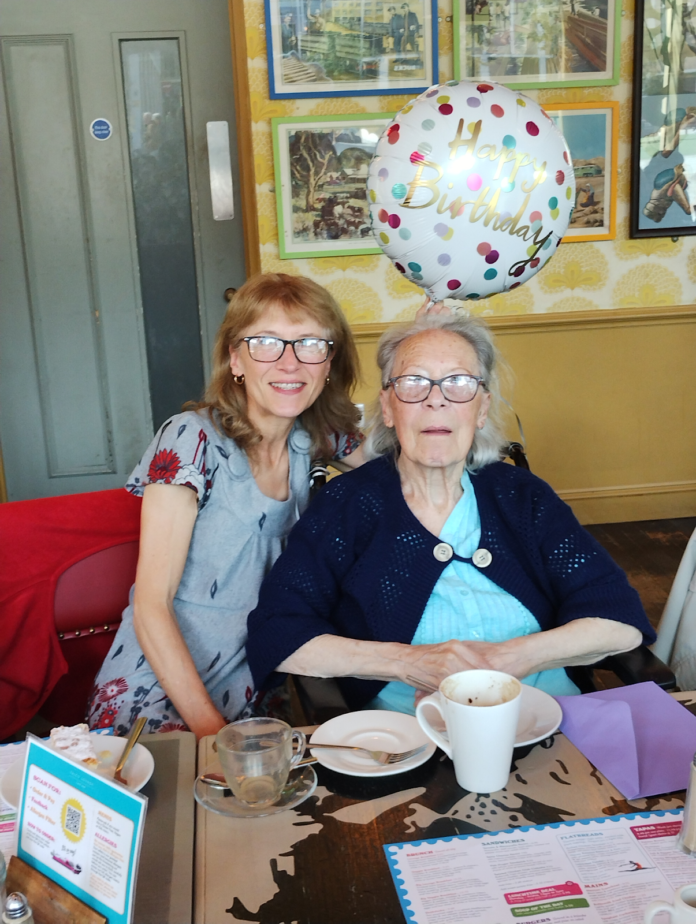Parkinson’s UK is calling for the UK government to take action after hearing from people who have suffered severe harm to their health when they’ve not received their medication on time while in hospital.
People with Parkinson’s rely on their time critical medication. A delay of as little as 30 minutes can mean the difference between functioning well and being unable to move, walk, talk or swallow.
Damning insights from charity Parkinson’s UK in its new report, ‘Every minute counts’, reveal the true extent of missed medications for people living with the condition.
The report, part of the charity’s Get It On Time campaign, shines a spotlight on the fact that only 42% of people with Parkinson’s received their medication on time, every time when admitted to hospital in England last year, despite there being practical solutions for the NHS in England to solve this crisis.
Data from Freedom of Information requests sent to NHS Hospital Trusts in England by Parkinson’s UK found*:
-
Just half (52%) of NHS Trusts provide training on time critical medication to staff.
-
One in four NHS Trusts in England does not have policies that allow people to take their own medication in hospitals.
-
NHS Trusts are not required to monitor or report missed or delayed doses of medication, and therefore unaware of the need to take action.
This is not just an issue for people with Parkinson’s, there are other conditions that require medication being taken at specific times. That’s why Diabetes UK, Epilepsy Action, National AIDS Trust, Royal College of Emergency Medicine, The Richmond Group, Royal Pharmaceutical Society, and Rethink Mental Illness, are joining Parkinson’s UK in calling on the Government to:
-
Have self-administration of medication policies in every hospital across each ward (where it is safe to) so that patients who are able to take their own medication on time can do so.
-
Boost the rollout of e-prescribing in hospitals to alert staff when medication is due and use it to monitor and report on missed or delayed doses.
-
Train all hospital ward staff responsible for prescribing and administering medication to ensure people reliant on time critical medication get their medication on time, every time.
Juliet Tizzard, Director of External Relations at Parkinson’s UK, said: “The NHS is a system under intense pressure with staff more stretched than ever. We know that healthcare professionals work incredibly hard and want to do all they can for people with Parkinson’s. But hospitals and health system leaders can help their staff by taking these three steps to make sure people with Parkinson’s get their medication on time, every time, when in hospital.
“Given the serious risk of harm to the health of a person with Parkinson’s and the numbers affected, we believe this should be a high-priority patient safety issue. This is a widespread issue as demonstrated by the support we have from Diabetes UK, Epilepsy Action, National AIDS Trust, Royal College of Emergency Medicine, The Richmond Group, Royal Pharmaceutical Society, and Rethink Mental Illness. Not tackling this issue will hamper attempts to recover elective care services and cut waiting lists, and increase demand for social care services that are already under extreme pressure.
“We believe that no one should fear going into hospital, and we’re here to work with the NHS to make sure people who depend on time critical medication see hospital as a safe place to be. It is time to act now.”
Maxine cares for her mum, Josephine Mellor, who was admitted to hospital for a urinary tract infection (UTI) in November 2022. Josephine, 83, was diagnosed with Parkinson’s in 2018 and takes 12 tablets a day at four-hour intervals to manage the condition.
Maxine said: “Mum is really affected by her Parkinson’s, she has deteriorated a lot over the last few years and is now completely housebound. Mentally, she is perfectly capable and she takes her own medication every day, but relies on me and my sister to fight her corner for her with other people, and that worries me every time she goes into the hospital.
“Mum has had UTIs before, and usually they clear up after a day or two of being in hospital. But I remember going to visit her and she was shaking, her face was stiff, and she looked like a completely different person. I asked if she had her Parkinson’s medications, and she said no. I could tell she wasn’t coping very well.”
When Maxine raised the issue to staff she was told that they ‘didn’t know’ that her mum was dependent on time critical medication and that they would ‘make a note’. Josephine kept being moved to different wards, and each time, her daughter would have to have the same conversation.
Maxine said: “I was so angry and frustrated that Mum wasn’t given her medication on time while staying in hospital. I was constantly worried outside of visiting hours because I knew that she wouldn’t get her medication on time, and I was stressed about the impact this would have on her.”
Josephine was discharged after a six-week stay in hospital. When she returned home, Maxine noticed an improvement almost immediately after her mum started taking her medication on time.
For further information about the campaign and to join Parkinson’s UK, Diabetes UK, Epilepsy Action, National AIDS Trust, Royal College of Emergency Medicine, The Richmond Group, Royal Pharmaceutical Society, and Rethink Mental Illness in urging the Minister for Patient Safety to make medication management a priority for patient safety, visit www.parkinsons.org.uk/get-it-on-time

| [donate]
| Help keep news FREE for our readersSupporting your local community newspaper/online news outlet is crucial now more than ever. If you believe in independent journalism,then consider making a valuable contribution by making a one-time or monthly donation. We operate in rural areas where providing unbiased news can be challenging. |




















For heaven sake,that is the very place that should excel at making sure that patients get their regular medication.